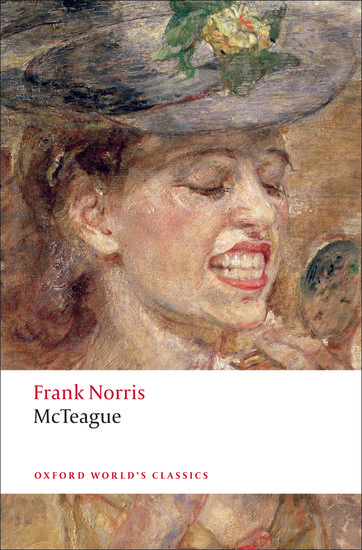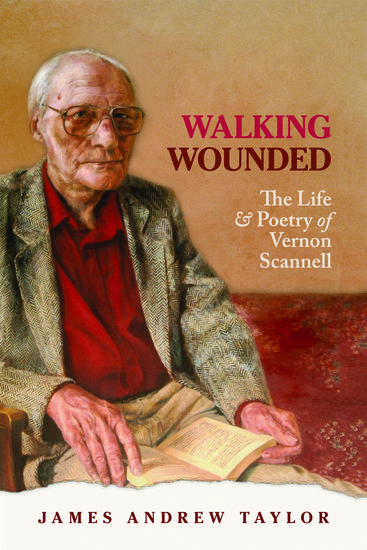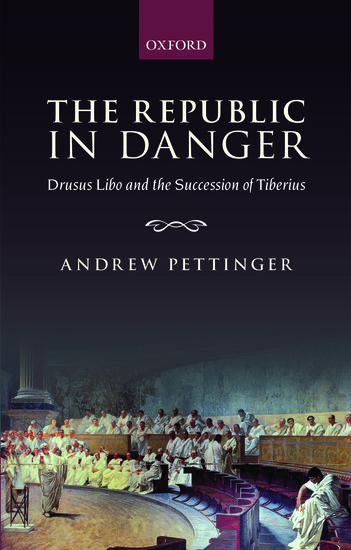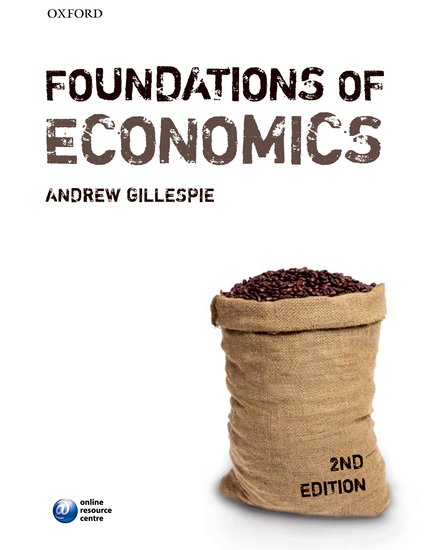Remembering Frank Norris
By Jerome Loving
More than a century ago, on October 25, 1902, we lost a major novelist by the name of Frank Norris, author of McTeague: A Story of San Francisco (1899). Like Stephen Crane, he died in his prime, but not before writing at least one of the great American novels in the naturalist tradition of Thomas Hardy and Theodore Dreiser.









